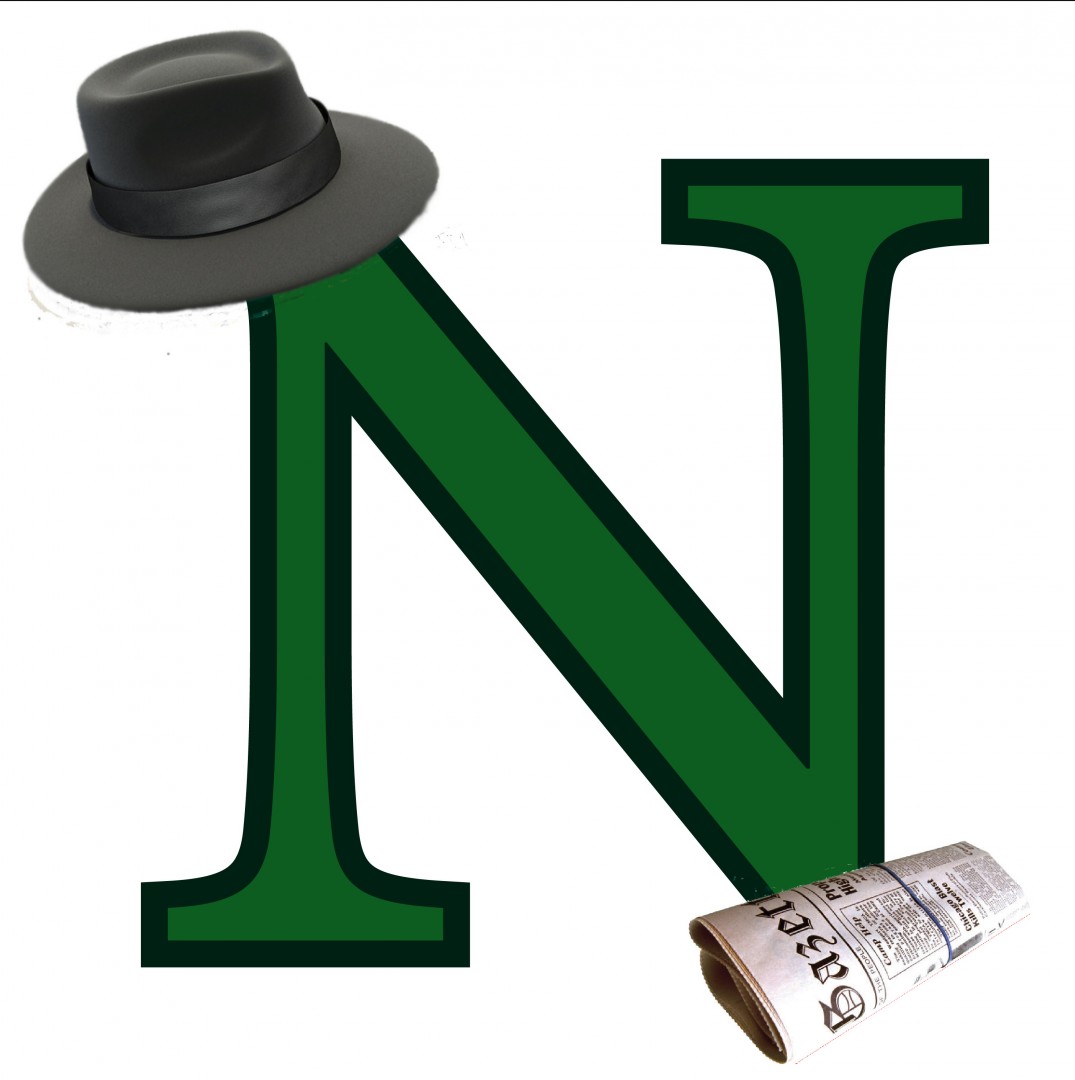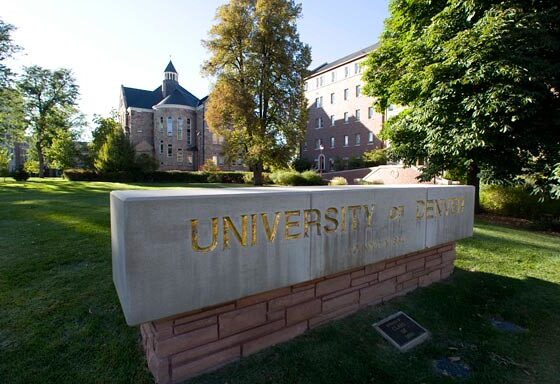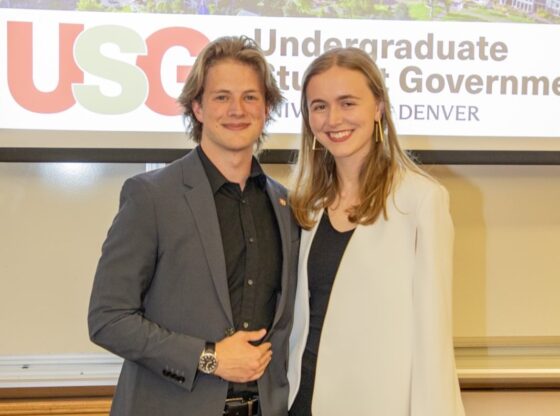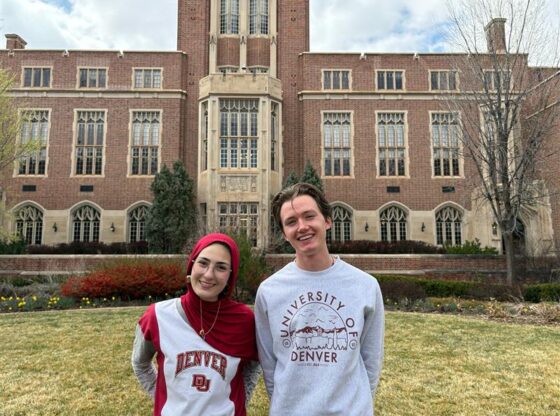A team of graduate students will face off against CU Boulder at the beginning of May in the Rocky Mountain Real Estate Challenge, according to Dr. Jeffrey Engelstad, clinical professor at the Franklin L. Burns School of Real Estate & Construction Management.
The 11th annual Rocky Mountain Real Estate Challenge will focus on the redevelopment of about 3.5 acres of the Boulder Civic Area. According to the event website, “the challenge will be looking at the highest and best use for this important block of the Civic Area.” Students are tasked with creating a “preferred development” real estate proposal for the area.
Engelstad conceded that the CU students may have a home field advantage, since the one-block space is “right in the heart of Boulder, about 14th and Canyon.”
“We are right in their backyard,” said Engelstad, who serves as coach and facilitator for the team as well as professor of the class associated with the challenge. “We know we’re going to get ‘home-towned’ a little bit on this one, but that’s okay, we’re going to beat them anyway.”
DU has participated in the competition every year since its inception and has won the competition six out of ten times, according to Engelstad. The challenge is put on by the National Association for Industrial and Office Parks (NAIOP), a commercial real estate organization.
Engelstad said the challenge usually pits two local schools against each other, rather than taking a national focus like some other programs.
Being local, the students can really work on the project in a more realistic setting than if students in Denver were working on a project in Louisiana,” said Engelstad.
According to the event website, the challenge is “designed to serve as a learning tool for students … while assisting the Project Sponsor with development options for the specific property.”
“Not only are [the students] attempting to come up with a solution that will be sustainable financially, but it certainly needs to advance community goals, which is of equal importance, but really the main thing is to provide space for the city and programs,” said Engelstad. “It’s a very difficult project.”
The winning team in the competition will receive $5,000, which students usually use to help defray the costs, according to Engelstad. The second place team will receive $3,000. A $5,000 scholarship will also be awarded to the winning school.
“It’s a well put-together deal,” said Engelstad.
According to Engelstad, participants received their assignment around the end of December and have been working on it since.
“In reality, they have very little time to do a very complex task,” said Engelstad. “But, it’s incredibly more time than you would have if it was a national competition.”
There will be an internal competition between the two DU teams of six students in mid-April to determine who will move on to the final competition on May 1. Each student has visited the site and is working with an architect, land planner and developer.
“I really kind of coordinate things and help the students find the professional contacts, because it’s really the professional contacts that are driving this: the student’s vision, backed up by the professionals,” said Engelstad.
Students opt to do the program, according to Engelstad.
“The students who have done it have always said ‘this is the best thing I did’, and they get jobs as a result of it, because they get to know everybody in the industry,” said Engelstad.
“In my opinion, it’s the most valuable thing that a graduate student in real estate student or construction management can do, because it’s a field project,” said Engelstad. “This is where the theory meets reality.”
Graduate student Cary Wicker participated in last year’s competition and said it was “one of the more meaningful classes” they took at DU.
“The Challenge was a fantastic field study that provided exposure to the the real estate market and greater Denver community,” said Wicker. “The competition forces you to be entrepreneurial and reach out to as many people as possible.”
Overall, Engelstad said the experience, not the win, is the most important part of the challenge.
“Of course it’s more fun to win, but the benefit of this is going through the process,” said Engelstad. “Every year, there’s about a gnat’s hair of difference between the two proposals … it’s kind of like you’re selecting between two A-plus papers.”











